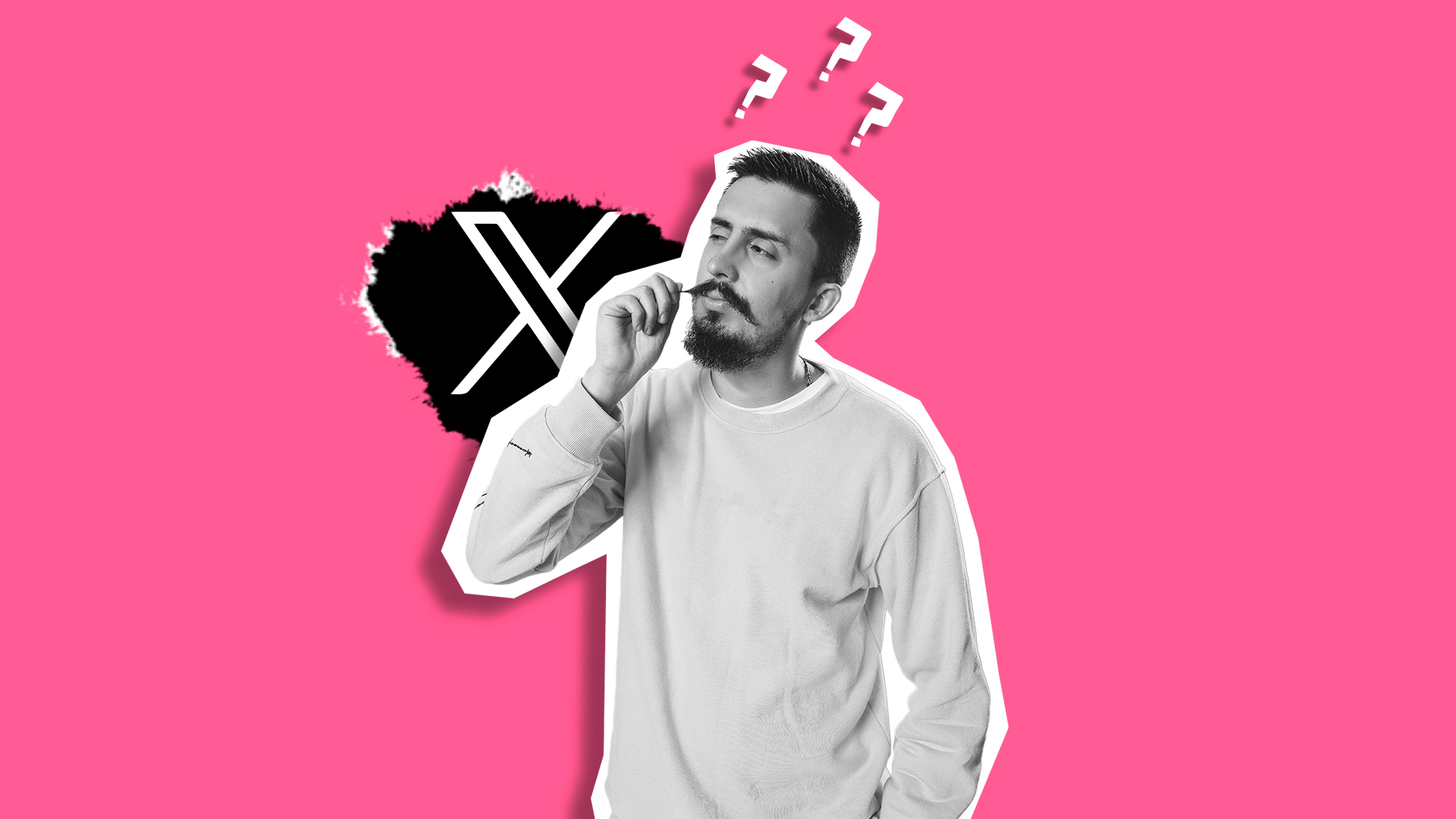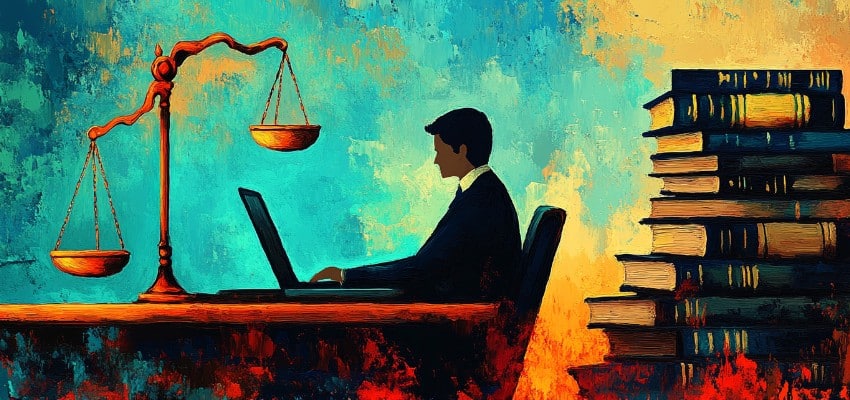OpenAI and Copyright: The Battle Between AI and Creative Rights
The rise of artificial intelligence (AI) has opened up new horizons in the interaction of technology with language, art, and media. Tools like ChatGPT have the ability to generate text that is remarkably natural and human-like. These advancements are achieved through training AI on vast datasets, including books, articles, and online content. However, this method of development has sparked a significant legal debate: Is it ethical to train AI using copyrighted material without obtaining permission or providing compensation?

The Legal Battles
In 2025, OpenAI finds itself at the heart of a global conversation regarding this issue. The company is currently facing multiple legal challenges from media entities, publishers, and authors who claim that their copyrighted content has been unfairly utilized to train AI systems. This conflict has evolved into one of the most crucial legal disputes in the realm of modern technology.
In a notable lawsuit filed in late 2023, The New York Times took legal action against OpenAI and its partner Microsoft. The newspaper alleged that both companies had utilized millions of its published articles to train AI models like ChatGPT and Microsoft’s Copilot without obtaining proper authorization. The Times contended that its business model, reliant on paid subscriptions, was being undermined as the AI could produce full or partial replicas of its articles upon request.

Global Impact
This legal tussle carries international implications, triggering concerns beyond just a single country or company. Various lawsuits have prompted governments worldwide to reevaluate how existing copyright laws apply to artificial intelligence. For instance, in India, publishers such as NDTV and Hindustan Times have accused OpenAI of leveraging their articles without consent.
Similarly, the European Union enacted the AI Act in 2024, introducing new regulations for AI developers. These rules, set to take full effect by August 2025, mandate developers to provide content creators with the option to “opt out” if they do not wish their work to be used for AI training.
The Fair Use Debate
A pivotal issue in this confrontation is whether the training methods of AI models constitute “fair use.” Companies like OpenAI argue that AI innovates by learning patterns from the content, rather than directly copying it. They draw parallels to how search engines index websites.

On the contrary, critics argue that AI not only learns general concepts but can also replicate exact lines or segments from copyrighted materials. In such instances, it becomes challenging to assert that the content is truly transformed. Creators feel that their work is being exploited without permission or compensation, while the AI-training companies profit from it.
Legal and Ethical Implications
The ongoing legal battles and ethical dilemmas surrounding AI and copyright are gaining urgency. As AI tools like ChatGPT continue to advance, the methods and data used for their training hold significant importance. Technology firms defend their actions as creating innovative tools, while content creators seek to preserve the integrity and value of their original work.
As courts, governments, and corporations grapple with these issues, crucial decisions are being made that will shape the future of both the technology and creative sectors. With continued legal proceedings and the formulation of new regulations, the outcome of this clash between innovation and intellectual property is being closely monitored worldwide.




















